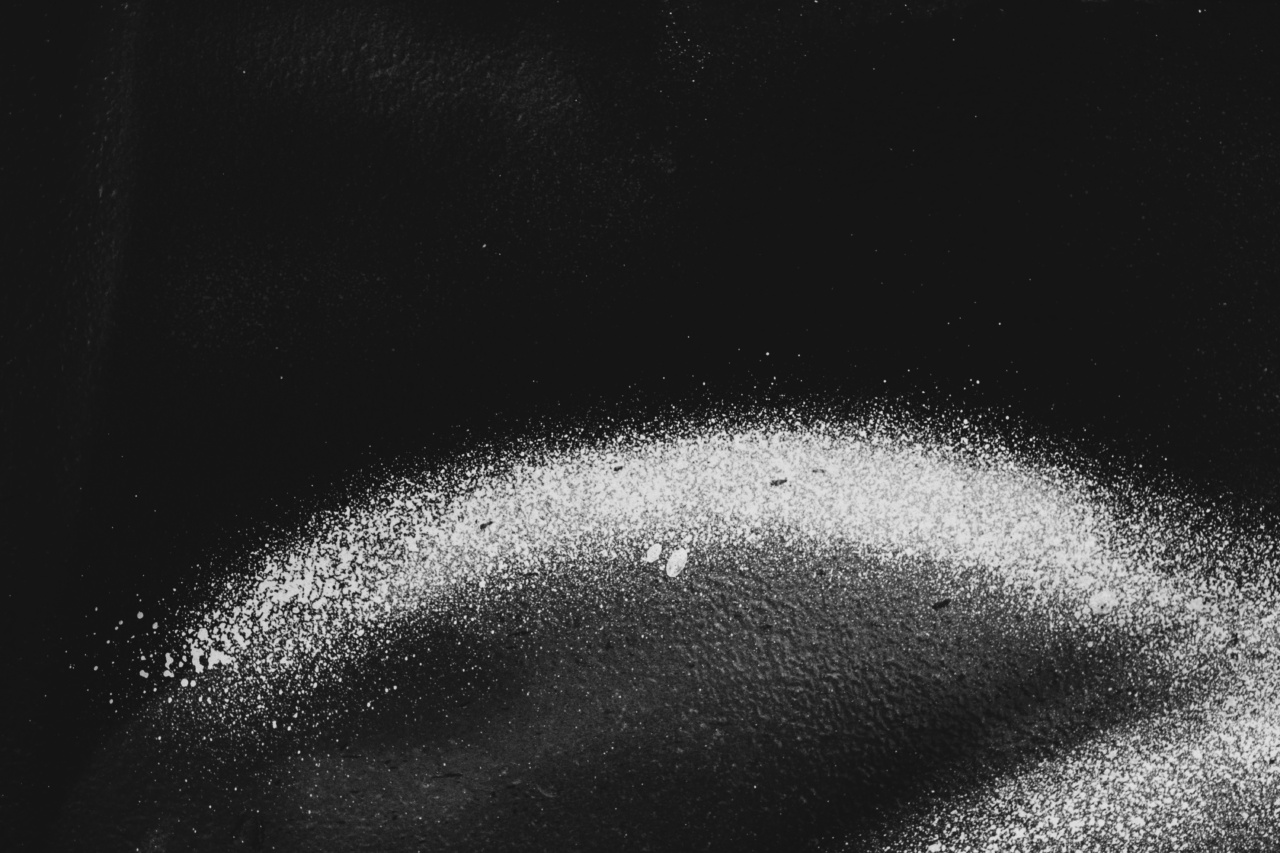As we age, our bodies undergo various changes that can affect our tolerance to cold temperatures. Many factors contribute to this phenomenon, including changes in our metabolism, circulation, and hormone levels.
In this article, we will delve into the science behind aging and feeling cold, exploring the different mechanisms at play.
The Role of Metabolism
Metabolism plays a crucial role in regulating our body temperature. It is the process by which our bodies convert food and nutrients into energy. As we age, our metabolism tends to slow down, resulting in a decreased production of heat.
This decrease in metabolic rate can make us more sensitive to colder temperatures and less capable of maintaining a comfortable body temperature.
Changes in Circulation
Another factor that contributes to feeling cold as we age is changes in circulation. Our blood vessels tend to narrow and become less elastic over time, leading to reduced blood flow to the extremities, such as the hands and feet.
This reduced blood flow means less warm blood reaches these areas, making them more susceptible to feeling cold.
The Role of Hormones
Hormones also play a significant role in regulating body temperature. As we age, hormone levels fluctuate, leading to imbalances that can affect how our bodies respond to temperature changes.
One hormone that plays a crucial role in thermoregulation is estrogen. During menopause, when estrogen levels decrease, women often experience hot flashes and increased sensitivity to cold temperatures.
Loss of Subcutaneous Fat
Subcutaneous fat, the fat layer located just beneath the skin, helps to insulate our bodies and maintain body temperature. However, as we age, we tend to lose some of this subcutaneous fat, especially in the hands and feet.
With less insulation, the extremities are more vulnerable to feeling cold.
Dehydration and Hydration
Dehydration can also contribute to feeling cold. As we age, our sense of thirst can become less reliable, leading to inadequate hydration. When we are dehydrated, our body has difficulty regulating temperature, making us more prone to feeling cold.
It is crucial for older adults to ensure they are properly hydrated to maintain optimal body temperature.
Deterioration of Thermoregulatory System
The thermoregulatory system in our bodies helps to maintain a stable core temperature. However, this system can deteriorate as we age, making it more challenging to regulate body temperature effectively.
This can lead to increased sensitivity to cold temperatures and a decreased ability to generate internal heat to stay warm.
Muscle Loss
Muscle mass naturally declines as we age, a condition known as sarcopenia. This muscle loss not only affects our strength and mobility but also contributes to feeling cold. Muscles generate heat when they contract, helping to keep us warm.
With a reduction in muscle mass, our bodies produce less heat, making us more susceptible to feeling cold.
Medical Conditions and Medications
Certain medical conditions and medications can also contribute to feeling cold. Conditions such as hypothyroidism, an underactive thyroid, can significantly affect body temperature regulation.
Medications such as beta-blockers and diuretics can also impact circulation and make individuals more sensitive to cold temperatures. It is essential to consult with a healthcare professional if you suspect any underlying medical conditions or suspect medication side effects.
Lifestyle and Environmental Factors
Lastly, lifestyle and environmental factors can influence how cold we feel as we age. Older adults may be more likely to spend extended periods indoors or live in environments with inadequate insulation.
These factors can expose them to colder temperatures and exacerbate the feeling of being cold. Additionally, lack of physical activity and poor nutrition can contribute to a decreased ability to generate internal heat and maintain a suitable body temperature.
Conclusion
Feeling cold as we age can be attributed to various physiological changes that occur within our bodies.
Factors such as decreased metabolism, changes in circulation, hormonal imbalances, loss of subcutaneous fat, dehydration, deteriorating thermoregulatory system, muscle loss, medical conditions, and environmental factors all play a role in our sensitivity to cold temperatures. Understanding these mechanisms can help us better adapt and take necessary precautions to mitigate the discomfort caused by feeling cold as we age.






























